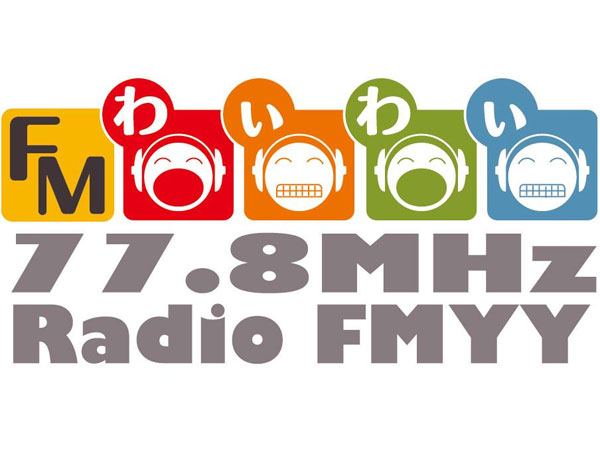H E Sanae Takaichi
Hon’ble Minister
Ministry of Internal Affairs and Communications
The Government of Japan
1-2 K asumigaseki 2-chome, Chiyoda-ku.
Tokyo 100-8926
Japan
Hon’ble Sanae Takaichi,
Please accept our best compliments on behalf of the Bangladesh NGOs Network for Radio and Communication (BNNRC) Secretariat. BNNRC is in Special Consultative Status with the Economic and Social Council (ECOSOC) and accredited with World Summit on the Information Society (WSIS) of the United Nations.
BNNRC is the apex body of the community media sector to Government, Industry, Regulatory Bodies, Media and Development Partners in Bangladesh.
Bangladesh NGOs Network for Radio and Communication (BNNRC) actively works to improve recognition of the community electronic media sector [Community Radio, Community TV, Community Film] & its work in and involvement with the communities it seeks to serve from 2000.
We write to express our deep concern regarding the immediate revival of community radio in Japan. . Radio FMYY of Kobe, Japan a community radio station that has been playing the pioneering role in promoting disaster risk reduction but forced to close down recently due to prohibitory provisions in the community radio regulation of Japan.
The regulation, following an amendment in 2011, imposes a highly restrictive condition on community radios, according to which a station cannot stop broadcasting even for a short time. In order to comply, community radios are required to make large investments on backup equipment and infrastructure and remain unsympathetic to difficulties faced by staff members and volunteers. Stations considered to be in violation are dealt with severely.
On March 31, 2016, FMYY returned its broadcasting license back to Ministry of Internal Affairs and Telecommunication of the Government of Japan due to its inability to cope with this severely restrictive regulation. Several other radio stations including those serving tsunami prone areas have met with similar fate.
One of the major roles of community radios in Japan is to respond to natural and human-caused disasters. Despite strong demand from community members for community radios, especially during reconstruction and rehabilitation phases of recovery, the prohibitive community radio regulation has posed a serious challenge to the survival of community broadcasting in Japan.
While community-owned radios such as FMYY are forced off-air, there is a growing trend in Japan for local governments to run radio stations through public-private venture companies. Even though such stations are called community radios, they are neither community owned nor can they be expected to defend people’s communication rights.
Granting an extension to community radio in Japan would be viewed as a fair and reasonable decision on your behalf for which community radio’s many supporters, contributors and viewers will welcome with gratitude.
With this in mind, we respectfully request your kind consideration for the revival of the Community Radio as a permanent home on free to air broadcast spectrum for as long as it continues to contribute to a vibrant and diverse media landscape in Japan.
Finally, we would like to express our sincere appreciation to the Government of Japan for supporting to establish 3 community radio stations in Bangladesh which are a plain but innovative means to reach out to remote areas.
JICA Representative in Bangladesh said during on 12 November 2015 regarding community radio in Bangladesh “How can a community radio be effective to disasters? We can find an example in Nepal. Immediately after the catastrophic earthquake last April, community radios were fully operational across Nepal, incessantly providing useful information on medical and food supply, temporary shelters and so forth. They also secured vital communications between rescue parties and missing persons”
We fully endorsed his statements about the role of community radio in Bangladesh in line with disaster risk reduction according to the declaration of The Third United Nations World Conference on Disaster Risk Reduction was held from 14 to 18 March 2015 in Sendai City, Miyagi Prefecture, Japan. The Third United Nations World Conference on Disaster Risk Reduction was hosted by the Government of Japan.
Please commit to keeping Community Radio broadcasting on the air in Japan.
Accept, Excellency, the assurances of our highest consideration from Bangladesh.
3 April 2016
